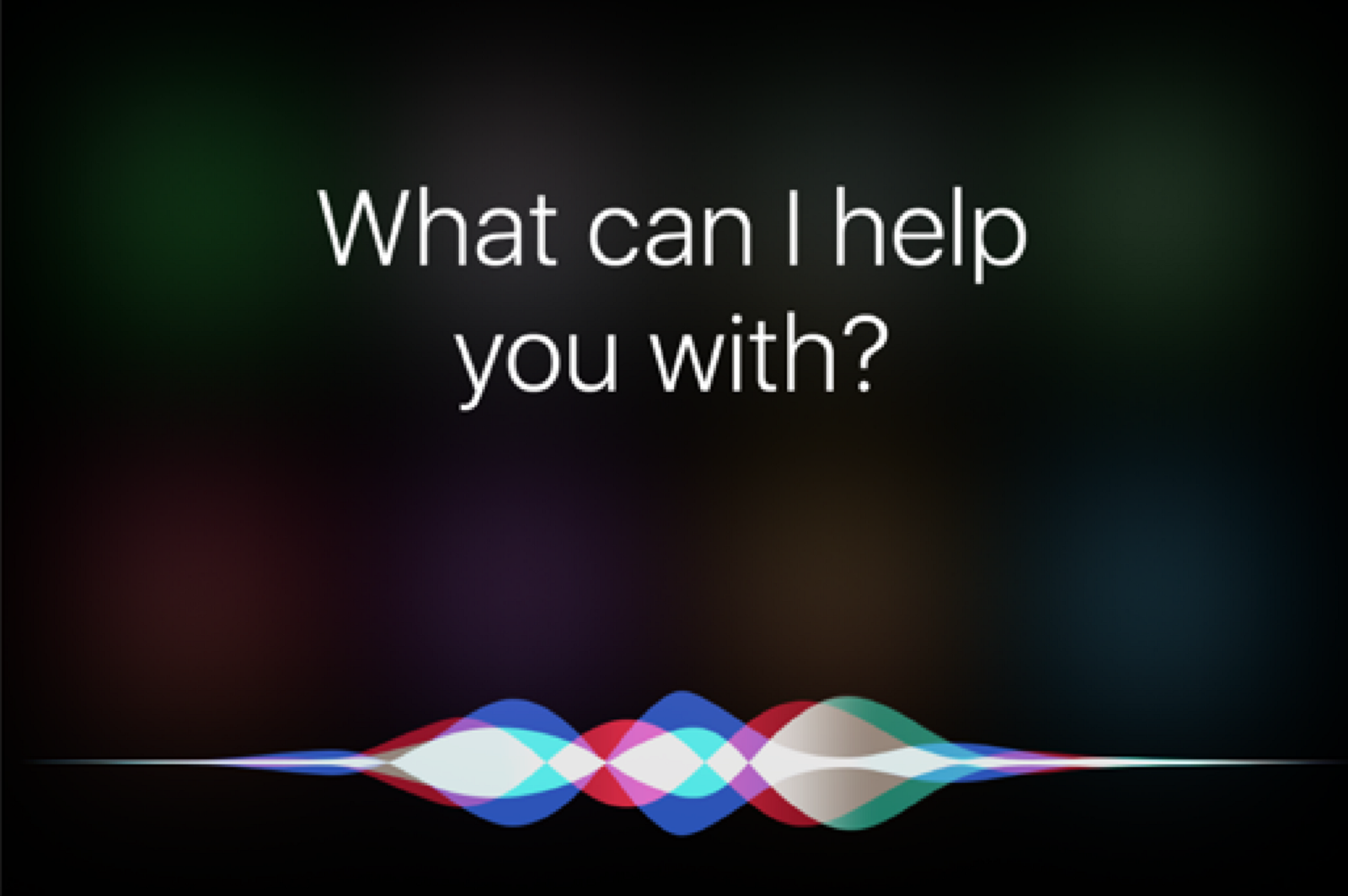DOES SIRI HAVE THE ANSWER?

Anyone who uses an iPhone or a MacBook is familiar with the silvery voice of “Siri”, an electronic personal assistant that (who?) responds to questions for information.
You can ask Siri anything and “she” will either give you a one-sentence answer in a monotonic woman’s voice, or pull up the most relevant answer from the internet and send it to your screen.
Siri’s creators realized early on that users related much more closely with the disembodied voice coming out of their device than they did with words on a screen, and were asking her questions she was not equipped to answer. This ultimately led them to develop a parallel response framework that is not purely informational, but is instead geared towards the more informal or even personal, and occasionally humorous, questions that users ask Siri.
For example, if you pose the following question to Siri: “How much wood would a woodchuck chuck if a woodchuck could chuck wood?” – she will respond:
A so-called ‘woodchuck’ (correctly speaking, a groundhog) would chuck — that is, throw — as much as the woodchuck in question was physically able to chuck (ibid.) if woodchucks in general had the capability (and, presumably, the motivation) to chuck wood.
Alternatively, the answer might be: “As environmentally responsible creatures, I suspect woodchucks would encourage the recycling of wood over simply chucking it.”
The relationship that users have developed with Siri is so humanized that they are not just asking her frivolous questions about woodchucks, but also more fundamental questions, such as “what is the meaning of life?”
Siri’s writers put a lot of thought into scripting various responses to this particular question, ranging from the rather cheesy philosopher-related pun “I Kant answer that. Ha ha!” to the more evasive, “that’s easy… it’s a philosophical question concerning the purpose and significance of life or existence in general”, and “all evidence to date suggests it’s chocolate.”
But for all the cleverness that these answers demonstrate, this question and many other questions are misdirected if aimed at electronic repositories of knowledge.
The ubiquity of electronic information, a revolution that has mushroomed exponentially over just a couple of decades, has had some quite extraordinary consequences, particularly relating to the use of devices as opposed to relying on humans, such as parents or teachers, to get information.
An astonishing study carried out by Birmingham University (UK) in 2012 discovered that more than half of children aged 5-15 used Google as their first point of call when seeking information for research purposes.
And if, by some chance, Google is not able to provide a satisfactory answer, 20 percent go to Wikipedia as their next stop, while just 3 percent of them – that is just 3 out of 100 children! – ask their teacher or parent for assistance.
In fact, for many kids, parents have shifted from top spot to second place. The study showed that 26 percent of children turn to digital devices for an answer before asking a parent, while 34 percent of children don’t think their parents are capable of helping them with their homework at all.
After all, why bother asking Mum or Dad if Siri knows it all better? And – she has a better sense of humor!
Judaism is entirely geared away from this emerging model of solitude study that relies almost exclusively on non-human informational resources. Jewish tradition is heavily based on mentoring and role-modeling, not just on information and knowledge.
It is a message that emanates loud and clear from the portion of Vayakhel, which begins with Moses congregating the entire nation together at God’s request, so that he could teach them the laws of Sabbath observance.
The Midrash observes that there is no portion in the Torah that begins with the words “Moses congregated the people” besides for this one, which means that God particularly wants important information, such as the complex laws of Sabbath, to be imparted only when there are groups of people together, and one should certainly not study alone using inanimate learning tools as the means by which to gain knowledge.
The Talmud uses this as the source for the custom which mandates that in the lead up to any festival, and particularly Passover, one should arrange public lectures during which subject matter pertaining to the festival will be taught and studied, evidently in as interactive a way as possible.
The whole concept of learning, and certainly when it comes to the study of Torah, is not just about obtaining and absorbing factual information. There is something much more valuable than facts, namely the interaction that goes on between people discoursing and reviewing those facts.
Neither Google nor Siri will ever be able to help children, or adults, understand the importance of information, or the contrary. If, however, you ask your parent, or rabbi, or doctor, or teacher, for information – their facial expression and method of delivery may teach you as much or more about what they are saying than the facts themselves.
Excising this crucial element of learning from the equation is not just a mistake, but potentially dangerous.
I am certainly no Luddite – after all, I am partial to both Google and Siri, and use them frequently. But it is clear to me that information is always one-dimensional if it doesn’t involve interaction with others, and I am acutely aware of how much both my knowledge and my quest for knowledge is the direct result of my parents, my teachers, my study partners, and of all of my real, live intellectual interlocutors.
The most revered Jewish learning of all is referred to as Kabbalah, which conveys the crucial message that one cannot truly understand the esoteric subject matter unless it is “received” from someone who in turn received it similarly from their teacher.
Siri may be great, but she will never be able to teach us as much as we can learn from each other.

